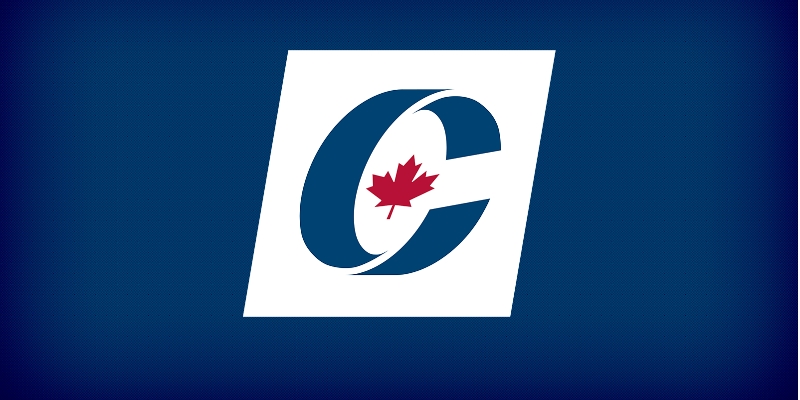
Questions for the new Tory leader
The Conservatives are hoping third time’s the charm when it comes to turning a new leader into a Prime Minister. This past weekend, Ottawa-area Member of Parliament and former Cabinet minister Pierre Poilievre waltzed past his four opponents with ease in a stunning first ballot win. Poilievre’s campaign got off to a fast start over seven months ago, and never showed signs of slowing down. His campaign staged rallies across the country that drew in thousands of supporters – and helping him sell a record 312,000 new memberships, and Poilievre focused on one overarching theme: putting people back in control of their lives. Poilievre also received the largest number of endorsements from the Conservative Party caucus.
Despite the impressive campaign and victory, there are still some lingering questions about Poilievre that he and his team will need to tackle if he wants to wrestle the keys to the Prime Minister’s Office away from Justin Trudeau.
Who is Pierre Poilievre?
We know the basics: 43 years old, MP for 18 years, former Cabinet minister, and well-known for his aggressive and clip-worthy style of asking pointed questions in the House of Commons. But beyond this, how will the Conservative Party frame him and how will he frame himself? He will likely continue with his no-nonsense approach to holding the government accountable on the issues of the day, namely everything around affordability and cost of living. However, he will likely begin to introduce himself to voters more personally – something we saw the beginnings of in the leadership campaign. Expect a heavy emphasis on the fact that Pierre was adopted by two francophone schoolteachers in Saskatchewan and expect to see his family – wife and former political advisor Ana, and young children Valentina and Cruz – front and centre. Poilievre will undoubtedly continue to be dogged by accusations from his opponents that he is divisive and appealing to those on the far-right. The Conservatives will need to figure this out the counter message quickly before Poilievre gets defined by the Liberals.
How will Poilievre’s messaging change now that he is the Leader of the Opposition?
Freedom and gatekeepers. Two of the most commonly heard words throughout Poilievre’s leadership campaign that had mass appeal amongst Conservatives. Will he shift from this messaging as he turns his focus to Canadians who are on the fence about who to vote for? If you look to his past, you can predict the future. Poilievre has been focused on the same themes since his 1999 university essay “If I Were Prime Minister”. Do not bank on any pivot away from his core messaging. There is no doubt that his messaging on affordability and cost of living will be front and centre of his communication efforts as Canadians continue to deal with high inflation rates, and is perhaps an area Poilievre sees as being the most vulnerable for Trudeau. But Canadians will want to hear about more issues that matter to them, from climate change to foreign affairs and everything in between. Poilievre will need to find a way to stay focused on his bread-and-butter issues while still proposing policy in other areas.